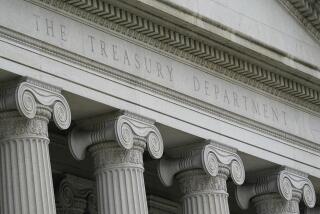Demanding repayment of nonexistent debts
Here is a roundup of alleged cons, frauds and schemes to watch out for.
Telephone collection calls
Callers posing as law enforcement agents, lawyers and debt collectors have been placing random telephone calls and demanding that victims immediately repay nonexistent debts, the Internet Crime Complaint Center said in a recent bulletin.
The callers claim to be collecting debts for groups such as United Cash Advance, U.S. Cash Advance, U.S. Cash Net or other firms, according to the center, a partnership between the FBI and the National White Collar Crime Center.
If the target hangs up, the callers often will call back, demanding credit or debit card numbers through which they can steal the victims’ money, the bulletin said. Anyone who is contacted about a debt they do not owe should contact law enforcement or file a complaint with the Internet Crime Complaint Center at https://www.ic3.gov.
Magazine subscriptions
The Better Business Bureau said it has received hundreds of complaints from people who subscribed to magazines through a firm called Publishers Billing Exchange.
The complaints allege that the company sent solicitations resembling bills to subscribers of national publications but failed to extend subscriptions or provide refunds, the BBB said.
The Better Business Bureau said consumers should be careful to verify invoices or other mailings that look like bills before paying them.
SEC impostors
The Securities and Exchange Commission has reissued a warning about people who place telephone calls claiming to be SEC employees and asking victims to make payments they said would result in huge profits.
The SEC said it does not endorse investment offers, assist in the purchase of securities or participate in money transfers. Anyone who receives such calls should report them to the SEC or FBI, the agency said.
More to Read
Inside the business of entertainment
The Wide Shot brings you news, analysis and insights on everything from streaming wars to production — and what it all means for the future.
You may occasionally receive promotional content from the Los Angeles Times.











